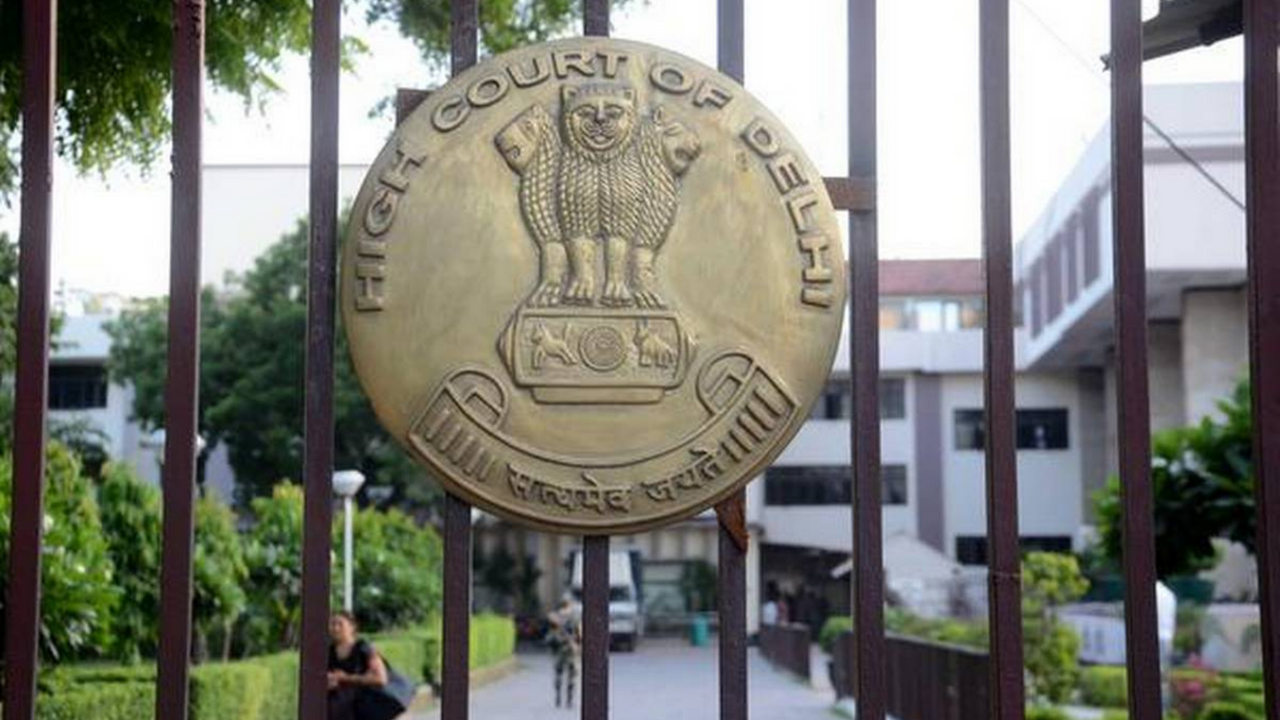Delhi Development Authority (DDA) cannot evict a person from their residence with a bulldozer at their doorstep early in the morning or late in the evening and render them completely shelter-less without any notice, the Delhi High Court has ruled.
While dealing with a petition concerning the demolishment of several jhuggi jhopris in the Shakarpur area, Justice Subramonium Prasad said, “DDA has to act in consultation with the Delhi Urban Shelter Improvement Board (DUSIB) before starting any such venture and persons cannot be evicted with a bulldozer at their doorstep early in the morning or late in the evening, without any notice, rendering them completely shelter-less.”
“A reasonable period has to be granted to such persons and a temporary location also has to be provided to them before undertaking on any demolition activities,” said the court in its order dated August 2.
Referring to an earlier judgement passed by the high court, Justice Prasad noted that “it is not uncommon to find a jhuggi dweller, with the bulldozer at the doorstep, desperately trying to save whatever precious little belongings and documents they have, which could perhaps testify to the fact that the jhuggi dweller resided at that place”.
The court pointing out that DUSIB usually does not conduct demolition drives at the end of the academic year and the monsoons, said that it also expected DDA to follow similar norms.
The petitioner Shakarpur Slum Union in June last year had claimed that the DDA officials, without any notice arrived at the locality and demolished about 300 jhuggis, according to Live Law.
The petitioner said that the residents were migrants from Bihar, Uttar Pradesh, and West Bengal and were mostly labourers, rag pickers, rickshaw pullers, auto drivers, and domestic workers. They claimed that the DDA should have followed the Delhi Slum and JJ Rehabilitation and Relocation Policy, 2015 to rehabilitate and relocate the residents.
However, in the present case, the court refused to direct a survey to conducted in the area to determine the notified JJ clusters which would be entitled to the relief under the policy and disposed of the petition with a direction to the DDA to conduct further demolition only in consultation with the DUSIB.
The material on record in the present case did not show that the jhuggi was in existence prior to 2006, the court said, it was thus covered by the rehabilitation policy. “However, it does not mean that an unidentified cluster would not be entitled to rehabilitation,” it added.
Therefore, the court has directed the DDA to give sufficient time to the inhabitants to make alternate arrangements or take steps to accommodate the inhabitants in the shelters provided by the DUSIB for three months.
“Parameters were laid down as to who would be entitled to the benefit of the DUSIB Policy. The judgement of this Court in Ajay Maken (which held that identified clusters are not illegal encroachment) cannot be interpreted to mean clusters not identified by the DUSIB would be entitled to rehabilitation,” the high court said.
Related
Rabia Shireen is a Staff Reporter at The Cognate.









































